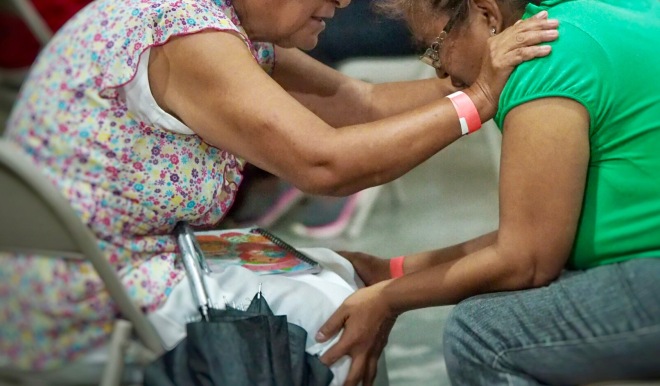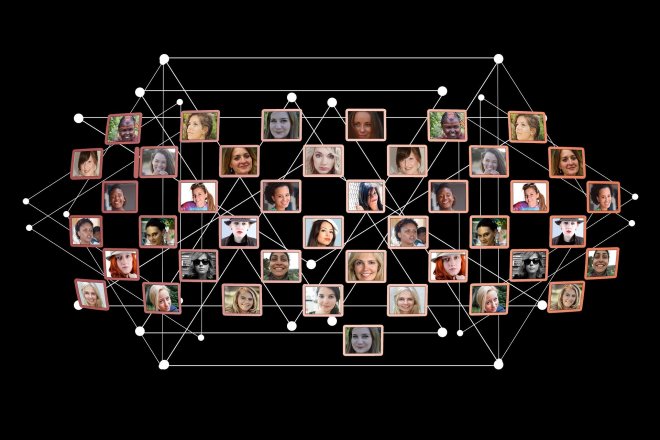
Consider it pure joy, my brothers and sisters, whenever you face trials of many kinds, because you know that the testing of your faith produces perseverance. James 1:2
They are in their senior year. They looked forward to graduation ceremonies, parties, or even a senior prom. Then the world hit P(ause) and no one got to celebrate.
They are Gen Z, and they are missing out on their rite of passage for their achievement. That would have been normal, until the Pandemic. One of my grandkids, Allie, is in this group, missing all the things her sister enjoyed just two years earlier for her senior year.
Every one of them, when asked, call it “sad”. They have all experienced being:
- Postponed
- Panicked
- Pushed Aside
- Penalized
- Put on Hold
- Put on the back burner
- Paused
- Put in Parenthesis
Those all start with a “P” and in a way, it is a description of the P(aused) Generation. That’s what they are feeling.
They face the worst job market since the Great Depression in the 1930’s. Those that are going to college are rethinking their choices and considering a gap year. Many colleges are considering virtual classes as a component to teaching on campus. They face conflicting views on whether they should even go back to campus, or if they do go, what campus life will be like.
Tim Elmore quotes one senior (among others): “People say you never realized the value of something until it’s gone. That’s how I feel [missing my senior year]….It’s also sad that we might not see a lot of people ever again.”
They have lost a life experience that won’t return. How should leaders, parents and mentors respond? Tim Elmore suggests several steps which I believe are practical and beneficial:
- Empathize with them in their loss. Don’t let it be an elephant in the room that goes undiscussed or acknowledged. Telling them it’s “no big deal” is not a good idea and may make it worse.
- Come up with a Plan B for their rite of passage. Do a safe graduation party, even if it is on Zoom or other media. This affirms the student and what they have been preparing for the past 12 years. Their education accomplishment needs recognition in some tangible way.
- Get them to think outward (a frequent theme of mine). Get them to think about supporting others who need help in Community. Self-focus gets to a “woe is me” attitude. Thinking on how to help others, on the other hand, provides them with a healthy outlook on life.
- Become a story-teller of family or friends who went through difficult times. My own father suffered through the Great Depression of the 1930’s. Food lines were commonplace and unemployment rampant. In World War II, he survived a Kamikaze plane that took out his battle station on a destroyer in the Pacific. He had been called to another station on the ship, so he survived. He was part of the Silent Generation. As an example, my father never told me of his war experiences, I learned them from my son who interviewed him for a school project. Storytelling reinforces the idea that they are not the only ones who have faced difficult times.
- Help them with their own “story” so that they can see their life in a greater context. I touched on this in my post titled Henry. My story is mostly written, but theirs is just beginning. It will help with their internal narrative and can have a significant influence on how they face reality.
The same can be said of the millennials who were already in the workforce. Most were just getting on their feet after the 2008 recession. Jobs have been terminated, and many employers who have closed may not open again. Some estimate that 40% of the jobs may never return post Covid-19.
They are facing a job market that has a lot of competition from the recently unemployed. They are, in a word, facing a lot of anxiety, when they were already highly anxious. A recent headline described millennials the “Unluckiest Generation in U.S. history” although I would submit that millennials around world are in the same boat.
The challenge is that they need a steady hand to help guide them through these difficult times. It’s time for parents, leaders and mentors to step up and help them by coming alongside. Be that person in their life that encourages them when the world seems hopeless.
MENTOR TAKEAWAY: Your mentee may be one whose life was Paused. You can be a valuable influence on how well they navigate through this time. Your story of tough times may be just what they need to hear.
FURTHER READING: The Disruption of Colleges – NY Mag
Long Term Effects of Closing High Schools – Wired
Is it a Good Time to Take a Gap Year? NBC News
A Silver Lining for New Graduates? WSJ
How to Find and Practice Courage – Harvard Business Review
Careers After Covid-19 Forbes
How to Help a Student Who Just Lost a Senior Year – Tim Elmore
Millennials are the Unluckiest Generation Washington Post
WORSHIP: Beneath the Waters (I will Rise) Hillsong
SUBSCRIBE: You can receive an email notice of each post by clicking on the icon at the top right corner and entering your email address. Photo courtesy of Dan Rush.




